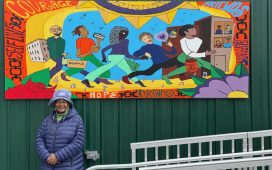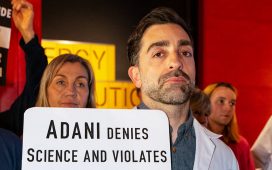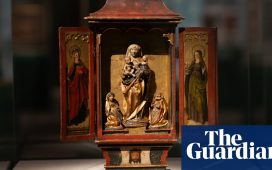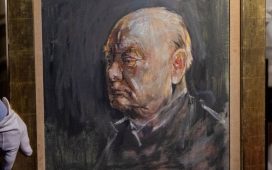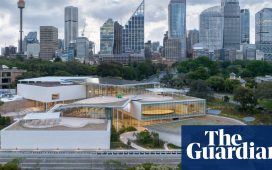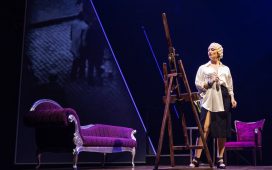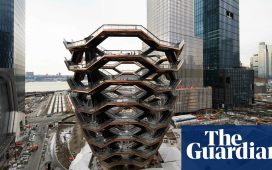“Abuse of power comes as no surprise” were the words emblazoned by Jenny Holzer on a giant electronic billboard in New York City’s Times Square in 1982. It’s a statement that crops up in my mind far too frequently.
I thought about it when Harvey Weinstein was convicted sex of offences. When Donald Trump supported those who stormed the Capitol. When Boris Johnson lied during his premiership. It echoed when Matt Hancock was claimed to have helped his friends profit from the pandemic. When Prince Andrew was accused of sexual assault on the underage Virginia Giuffre. During the overturning of Roe v Wade. After the killing of George Floyd by policeman Derek Chauvin. Seeing the brutality of Iran’s morality police that resulted in the death of Mahsa Amini. Reading about Wayne Couzens’ murder of Sarah Everard. When is enough, enough?
This statement is part of Holzer’s Truisms series which presents short phrases out of context and inserted into “real-life” scenarios: T-shirts, benches, LED screens, projections on buildings, and more. When they were first produced in the late 70s, the Truisms were devoid of explanatory context, but in recent years have become more reactive to world events, and are now resonant with political meaning.
After 17 students were murdered by a 19-year-old gunman at Marjory Stoneman Douglas high school in Florida in 2018, Holzer organised, as part of her series It Is Guns, for trucks to drive around the US with LED screens on the back bearing statements including “the students were shot” and “the president backs away”. In the aftermath of George Floyd’s murder, Holzer projected a transcript of his final words on to the walls of a Brooklyn building, along with the names of 115 Black people who had died at the hands of the police or as a result of racial violence. Through bold, loud text, she makes voices heard.

Holzer’s early career coincided with the boom in political art, at a time of extremely conservative government – Ronald Reagan in America and Margaret Thatcher in Britain – that spurred younger artists to focus on activism in their art and respond to daily injustices. Mostly the children of postwar society, raised when television was the defining cultural medium, these artists took to appropriating commercial advertising, and hit the streets to communicate to the broadest audience possible. Holzer has said: “If you want to reach a general audience, it’s not art issues that are going to compel them to stop on their way to lunch, it has to be life issues.”
A pioneer of implementing text as an artistic medium, Holzer’s peers included the Guerrilla Girls – who pasted posters up on the streets with bold slogans that attacked the art world’s sexism (one stated: When Racism & Sexism Are No Longer Fashionable, What Will Your Art Collection Be Worth?) – and Barbara Kruger, who declared Your Body Is a Battleground when campaigning against a pro-choice rally in 1989.
Influenced by the slogan Abuse of Power Comes As No Surprise, the activist group We Are Not Surprised formed in 2017 in light of the #MeToo movement. They wrote an open letter condemning sexism in the art world signed by a staggering 9,500 non-male artists, writers and curators. But should any of us be surprised?
Today, Holzer’s words resonate just as powerfully. Last week, Met PC David Carrick was found guilty of sexual offences against more than 12 women, including 24 cases of rape. As a member of the protective services, he abused his power. Not only that, but the claims were announced on the same day that – as pointed out by comedian Grace Campbell, who has written poignantly about her own experience of sexual abuse – Rishi Sunak announced that he wanted to give the Met more power with draconian new laws attacking the right to protest.
Power must be interrogated and held accountable. Complaints against Carrick were ignored for years. Currently, 1,000 Met officers are under investigation for sexual violence. As Sian Norris points out, “that’s one in 45 staff members in an organisation that is meant to arrest perpetrators of such crimes”. If women are not safe with the police, then what hope do we have? And how many more times will Holzer’s words come into my thoughts?
